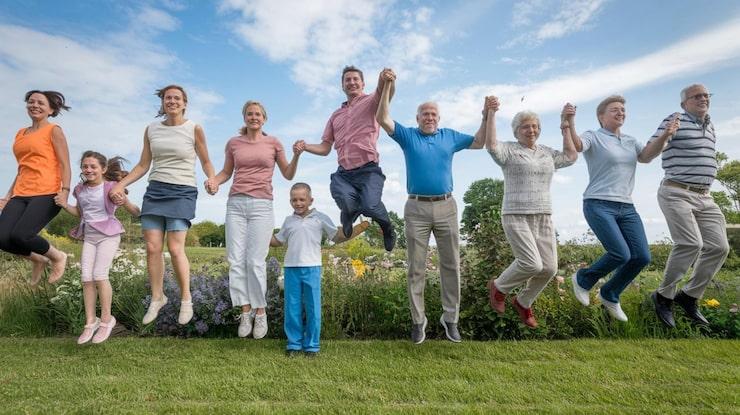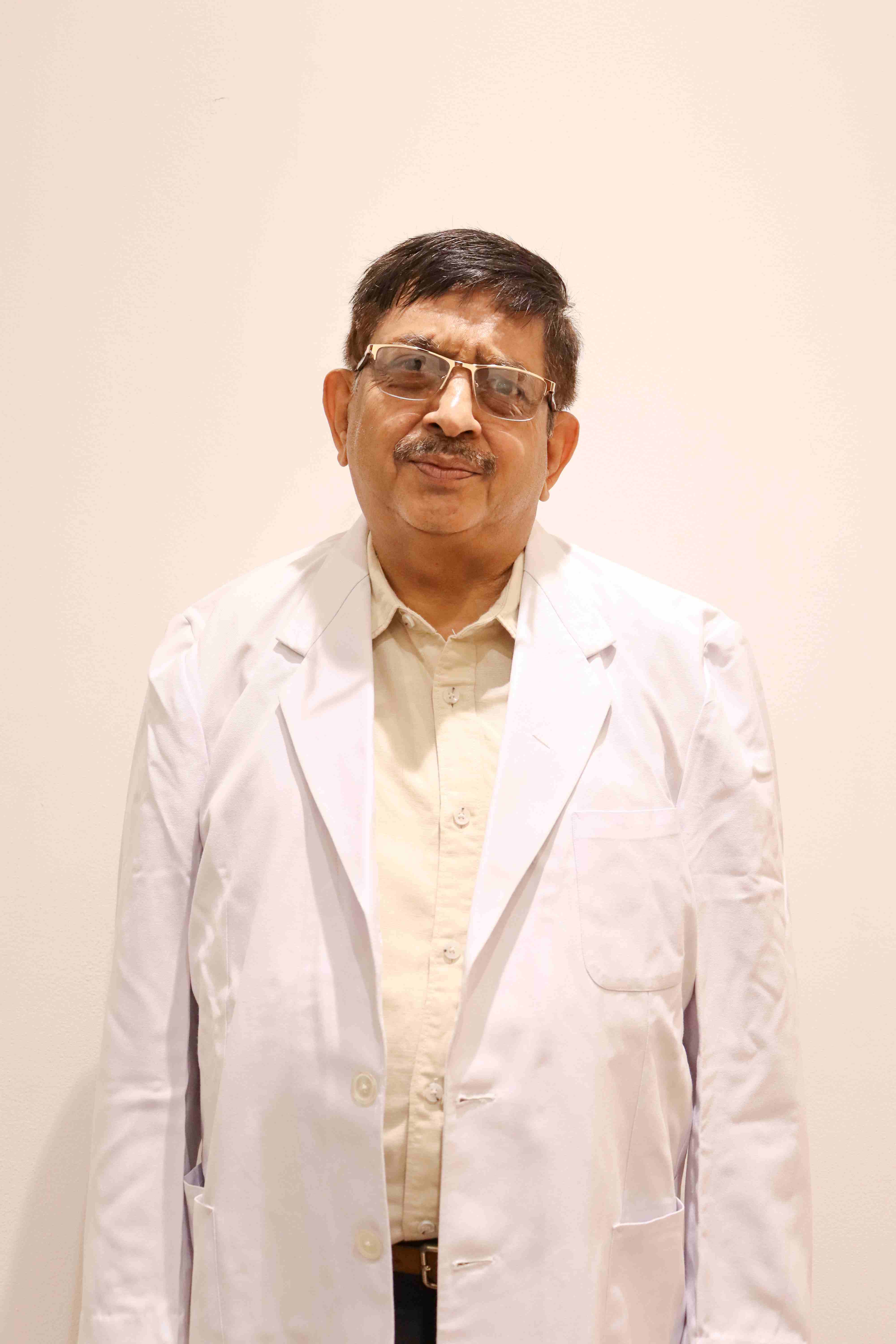
People who naturally made their bones stronger
The bones in our bodies hold everything together. They give us shape, keep our vital organs safe, store minerals, and allow us to move around freely. Strong bones are essential for optimal health at all stages of life, but as we age, our bones naturally lose density and strength. This can make it more likely that you will break bones or get diseases like osteoporosis.
The good news is you don't have to always rely on supplements or prescriptions to strengthen your bones. You can do things on your own to help. You can maintain strong bones well into old age by paying attention to what you eat, how much you exercise, and how you live your life.
This blog will show you how to naturally and effectively maintain your bone health.
Bone is a living tissue that is always breaking down and rebuilding. Bones grow quickly in childhood and adolescence, and they reach their peak mass in the late 20s. After this point, bone remodeling slows down, and the density of the bones may start to decrease.
When bones get too weak or porous, even a small fall might break them. That's why it's so vital to create strong bones when you're young and keep them that way for the rest of your life.
1. Eat foods high in calcium
Calcium is the most important mineral for bones, and you need enough of it to be strong. It is essential to obtain calcium from the the diet because the body does not produce it on its own.
The best natural sources of calcium are:
Adults should consume approximately 1,000 mg of calcium daily. Women over 50 and men over 70 should aim for approximately 1,200 mg.
2. Make sure you get enough vitamin D
Vitamin D helps the body absorb calcium effectively. Calcium alone isn't adequate for strong bones without it.
Where to get vitamin D:
3. Eat foods that are high in protein
About half of the volume of bones is made up of protein. Bones can get weaker if you don't get enough protein, but if you get too much protein without adequate calcium, you may lose more calcium.
Some good sources are: Lean meats, poultry, and fish.
4. Do weight-bearing exercises to make your bones stronger.
Tip: Try to get at least 30 minutes of activity on most days of the week.
5. Make sure you eat enough fruits and vegetables.
6. Keep Your Weight in Check
Obesity puts extra stress on bones and joints, while being underweight makes it more likely that bones will break or be lost. To maintain a healthy body weight, it is essential to consume a balanced diet and engage in regular physical activity.
7. Cut down on bad habits
8. Make sure you have enough magnesium and zinc.
9. Keep your balance and good posture.

People of many age groups together
This is the most important time to grow bone mass. Encourage kids to: Eat meals high in calcium or drink milk.
Stay active outside
Cut back on junk food and sugary drinks
To maintain strong bones, it is essential to eat a balanced diet, exercise regularly, and avoid unhealthy habits.
After menopause in women and after age 70 in males, bone loss speeds up. Adults over 65 should:
Get your bone density checked on a regular basis
Add workouts for strength and balance that are safe
Make sure you get enough calcium and vitamin D
Make your home safer and use mobility aids if you need to avoid falls.
Myth 1: Only dairy foods make bones strong.
Truth: Dairy is a good source of calcium, but so are many non-dairy foods, such as leafy greens, almonds, and plant milks that have been fortified.
Myth 2: Bone health is only important for older people.
Truth: Your bone mass is at its highest in your 20s, so it's important to gain strength early on to safeguard yourself for life.
Myth 3: You constantly need to take supplements.
Truth: Food and sunlight can meet the needs of a lot of people. Supplements are only helpful when your diet and lifestyle are insufficient.
1. Is it true that working out can make bones stronger?
Yes. Weight-bearing and resistance activities activate osteoblasts, enhancing bone density and strength.
2. How much sun do I need to get vitamin D?
It depends, but usually 10 to 30 minutes of sunlight in the middle of the day, a few times a week, is plenty. Individuals with darker complexions may need to spend more time outdoors.
3. Is milk the only way to get calcium?
No. You can also get a lot of calcium from leafy greens, beans, nuts, seeds, and fortified meals.
4. Is it possible to rebuild bone density after osteoporosis?
Yes, but it's not easy. Bone loss can slow down,, and density may improve with a balanced diet, regular exercise, medication (if recommended), and good lifestyle habits.
5. When should I start to worry about my bones?
Bone health is important at all ages, but it's best to start taking steps to protect your bones as early as possible, ideally in childhood and young adulthood.
A healthy, active life starts with strong bones. Your daily actions are equally as important as your age and genes when it comes to bone health. You can naturally develop and maintain strong bones by eating a healthy diet, getting enough vitamin D, exercising regularly, and avoiding unhealthy habits.
Taking care of your bones is a good way to plan for the future. By making a few small changes to your daily routine, you can reduce your risk of breaking bones, stay active for longer, and lead a healthier life.
We offer expert care across key specialties, including Medicine, Cardiology, Orthopaedics, ENT, Gynaecology, and more—delivering trusted treatment under one roof.

Dr. R.C. Sharma
Prakash Hospital Pvt. Ltd. is a 100 bedded NABH NABL accredited multispecialty hospital along with a center of trauma and orthopedics. We are in the service of society since 2001.
OUR SPECIALITIES
Contact Us
D – 12A, 12B, Sector-33, G. B. Nagar, Noida, Uttar Pradesh 201301
+91-8826000033

© 2026 All rights reserved.
Designed and Developed by Zarle Infotech